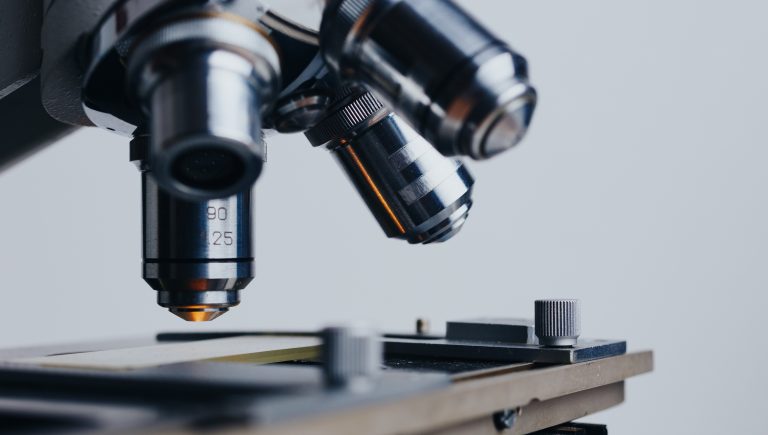Webinar Duration: 90 minutes
RECORDED: Access recorded version only for one participant; unlimited viewing for 6 months (Access information will be emailed 24 hours after the completion of payment)
SPEAKER: Brian Shoemaker
OVERVIEW:
With various changes to standards and regulations, it is important to understand the criteria for compliance, this is your DIY guide to the changes in standards, specifically covering the IEC 62304 standard.
Update of changes made to regulatory standards
The effect of new regulatory developments on the medical device manufacture process
Information on regulatory changes in the pipeline
Why should you Attend: ISO 134385 – ISO 14971 – IEC 62304 – IEC 60601-1 – IEC 62366 – the alphabet soup of standards relevant to medical device software is overwhelming. Why do all these documents exist, and how do they affect the work your group is doing on your company’s software? What does a software group need to know about them, and what changes can we expect in the near future?
Areas Covered in the Session:
– Standards can be bewildering – get over it
– Quality sounds like a buzzword, but it underlies everything else in our business
– Development lifecycle gives a framework
– Risk Management is about how to MANAGE risks, not how to find and remove them
– Electrical equipment safety inevitably involves software
– Usability requires us to understand who were working to help
– Planned changes will adapt these standards to new challenges
– Good engineering is our goal- compliance follows
Who Will Benefit:
– Functional Managers – Software, Test, Hardware
– Other Development Specialists (Mechanical, Engineering, Other)
– Project Managers (Especially for Cross-Functional Teams)
– Software Developers
– Business Analysts
– Requirements Analysts
– Product Managers
SPEAKER PROFILE:
Brian Shoemaker consults for healthcare products companies on computer system validation, software quality assurance, and electronic records and signatures. He has conducted validation both on product software and on internal software, developed software quality systems, audited software quality processes (including agile methodology), and evaluated 21 CFR Part 11 compliance. He has had clients in clinical diagnostics, medical device engineering, medical imaging, medical-device fabrics manufacturing, contract lyophilization, clinical trial software, dental prosthetics, and bone-repair implants. He has worked with companies in Germany and Switzerland as well as the U.S.
Previous to founding ShoeBar Associates, Brian had quality roles at PPD Informatics, Doxis, Inc., and Behring Diagnostics, Inc. Brian earned his Ph.D. in chemistry from the University of Illinois; he has achieved the ASQ Software Quality Engineer certification.



